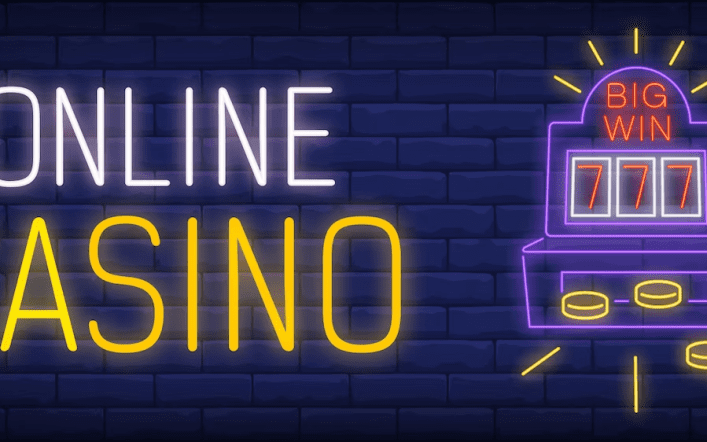A brief history of online poker

More than twenty years have passed since the first real-money poker game was dealt on the internet, and online poker has come a long way since then, having become one of the most popular online gaming activities and certainly the most beloved card game in the world, apart from being responsible for the poker boom in the mid-2000s.
Today, online poker represents a significant portion of the iGaming industry, as the offer of poker platforms has never been so vast. From web-based clients to mobile apps, operators like PokerStars and Bet365 (check this page for valuable information about Bet365 casino platform) now provide a wide range of poker solutions so players can enjoy the best of poker action from the comfort and safety of their homes, including several regulations and even live dealer games.
Even though online poker was banned in the United States in 2006, and despite the fact that the events of the 2011 poker’s black friday significantly impacted the industry, several new state laws have been passed in recent years regulating online poker in multiple jurisdictions across the country and finally giving American players a legal medium for playing poker.
When it seemed interest in online poker was fading, the COVID-19 pandemic made us all stay inside to comply with social distancing measures, and people all over the world started looking for alternative forms of entertainment, leading to a resurgence of online poker.
So, without further ado, let’s take a look at this brief history of online poker.
Early stages
Online poker got its start in the early 1990s, when it was played through the IRC chat protocol, with computer programs dealing and managing games. Nonetheless, there was no money involved.
That would change in 1998, when the first real money online poker game was dealt on PlanetPoker, one of the pioneers of online poker, using random number generators and algorithms to deal and manage games.
From there, hundreds of websites sprang up, providing players with a plethora of options in terms of game rules and regulations, pot and wagering limits, tournaments, and special events.
Soon after, satellite tournaments were introduced, which provided winners with entrance into real-life poker competitions in addition to cash prizes.
The poker boom
Aside from the rise of online poker, there were other factors that contributed to the poker boom. Some of these influences include the debut of films such as Rounders and Croupier, increased coverage of World Series of Poker Main Events on live television throughout the early 2000s, and the debut season of the World Poker Tour.
The poker world was stunned when amateur player Chris Moneymaker won the 2003 World Series of Poker after qualifying through a satellite tournament on PokerStars. Never before had an amateur player won the competition, let alone through an online poker event, which was still a new trend. This led to an increase in the popularity of online poker, and many of these poker sites arose as a result.
With this new-found online poker popularity, a slew of in-person and online tournaments were introduced, offering players the chance to emulate Chris Moneymaker’s success. In 2004, Greg Raymer, another amateur player, took the World Series of Poker home after winning a satellite tournament.
Websites like PokerStars, PartyPoker, and ParadisePoker dominated the market in those early years and became leading companies in the recently-established iGaming industry. However, in 2006, the United States passed legislation prohibiting the operation of online poker and online gambling companies in the country. Many of these websites lost stock value, yet they continued to operate outside of the United States and were still accessible to American players.
Following that, online poker began to lose popularity, and several websites were forced to close. Furthermore, the attendance for the Main Event plummeted over 30 percent in the first World Series of Poker following the bill’s approval.
Aftermath
The number of online poker players declined in the years after the 2006 bill, but never returned to pre-boom levels. People were still playing, and certain companies such as PokerStars and Full Tilt Poker were able to increase their market share.
When PartyPoker halted their US operations, PokerStars surpassed them to become the world’s largest online poker room, a position they have held ever since. When almost 150 thousand participants paid the US$1 entry fee in 2009, PokerStars set a world record for the largest online competition.
With the passage of several new state laws in recent years, many poker websites have returned to the United States, and six states have thus far regulated the online poker market: Nevada, Delaware, New Jersey, Pennsylvania, West Virginia, and Michigan.
In the last two years, the world was stunned by a worldwide pandemic, and people all over the world had to comply with social distance and new health protocols by staying at home. As players could no longer attend live events, this resulted in a massive surge in online poker traffic, and the poker market saw a new boom.







